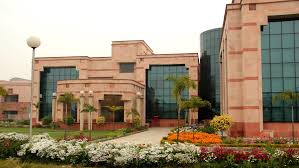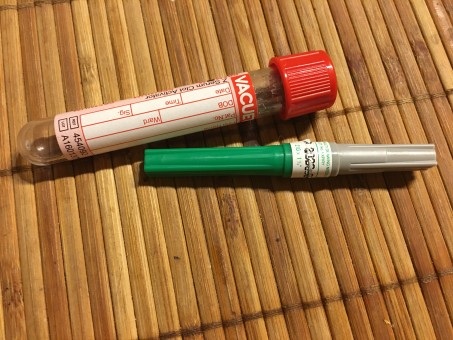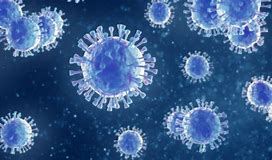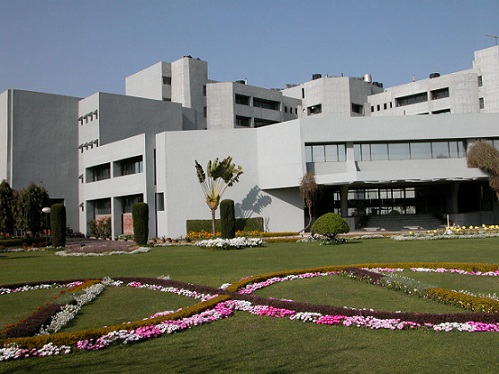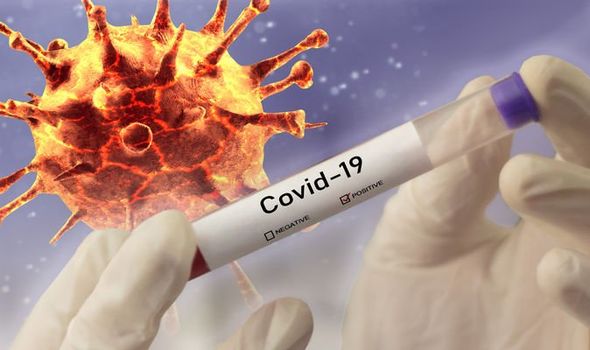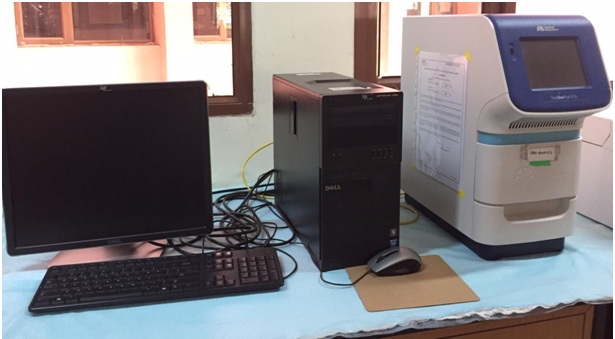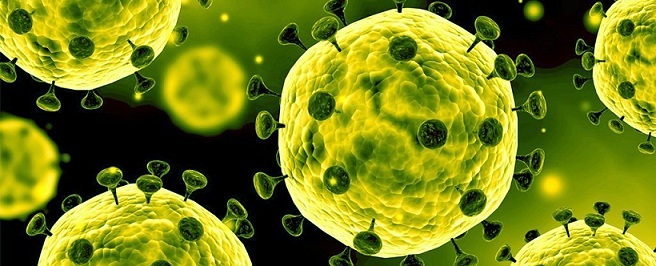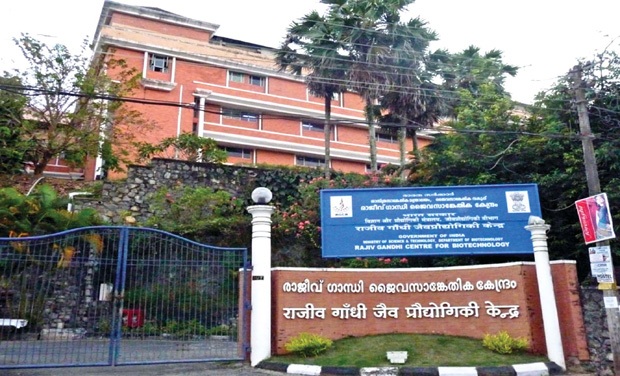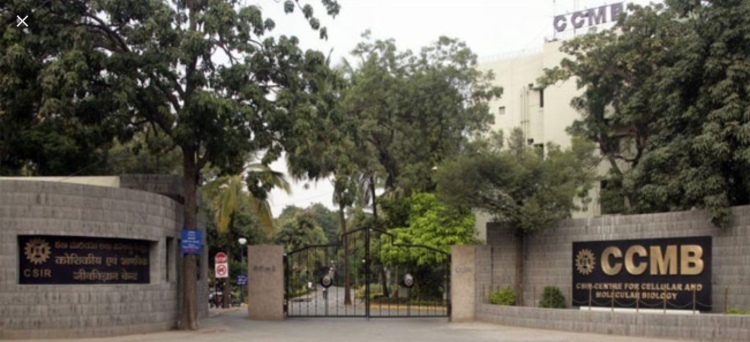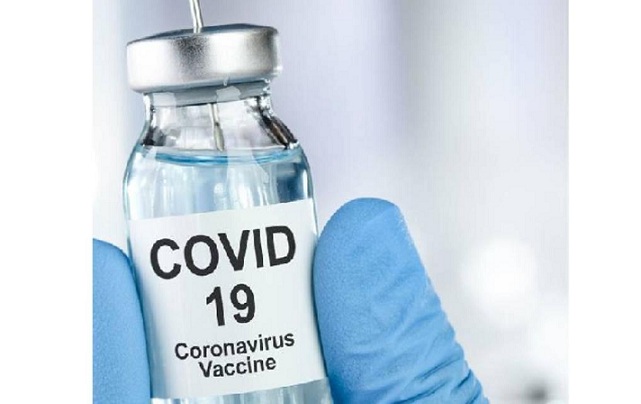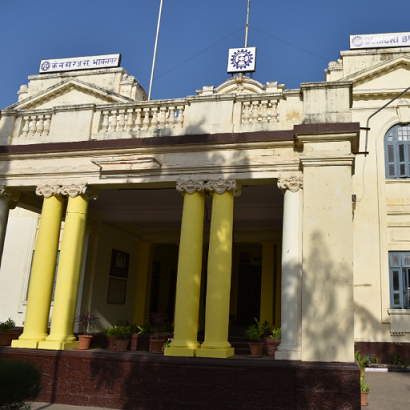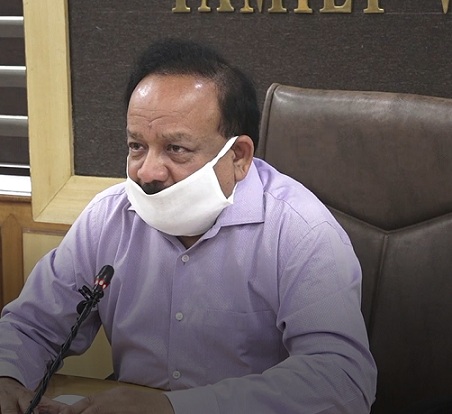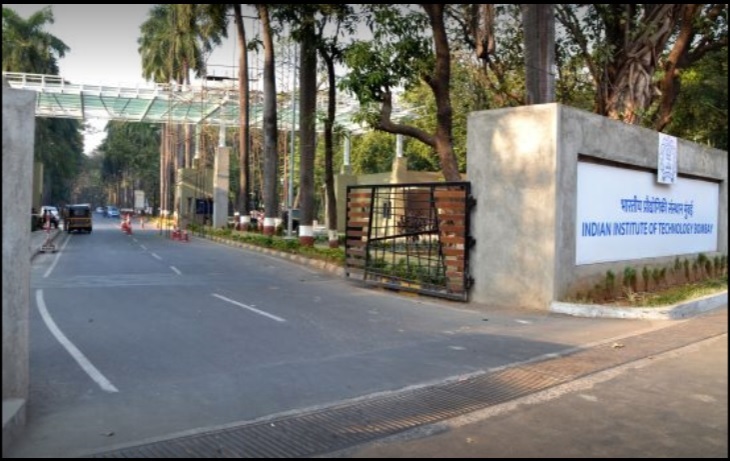
To meet the shortfall of water in many areas water is supplied through tankers. For instance, the Delhi Jal Board has a fleet of around 800 tankers ferrying water to people across different parts of the city. But, this supply chain network is prone to theft. Prof Ravindra Gudi and his team from Indian Institute of Technology Bombay (IIT Bombay) have developed a planning and scheduling framework for theft-free water distribution through tankers, from water sources to water treatment facilities and consumers, in a cost-effective way.
The proposed framework is based on a novel concept called time capacity, which calculates the time required to transport a unit quantity of water between two points. The total time needed to supply water is determined by multiplying this amount by the total volumeof water that has to be transported. “Balancing this calculated total time and total available time in the planning period for fulfilling the tanker delivery order, we have made the frame work computationally efficient to generate optimal tanker routing connections between the watersource and the customer,” explains Prof Gudi. The framework also indicates the tanker size to be used for a specific delivery.
The framework can be used to plan the operations of a tanker-based water supply system in the short term, say from a few hours to a couple of weeks. Since a host of factors come into play when transporting water from the source to the consumers, the planning framework needs flexibility to accommodate the differences in the existing water distribution systems of different cities. The consumers in a water distribution network such as households, commercial establishments, hospitals, and schools have varying water quality requirements. “While water from fresh water sources can be used for domestic needs after antimicrobial treatment through chlorine disinfection right in the water tankers, groundwater may contain harmful heavy metals and organic matter. This water will have to be processed in water treatment plants before it gets to the consumers,” says Abhilasha Maheshwari, one of the authors of the study.
“Balancing this calculated total time and total available time in the planning period for fulfilling the tanker delivery order, we have made the frame work computationally efficient to generate optimal tanker routing connections between the watersource and the customer,”
“Since the timeline of the treatment process and the amount of water recovered after treatment influences the water supply schedule, the framework has to plan the optimal operating time frame for the treatment plants too. Moreover, it also needs to include the movement of tankers from ground water sources to the plants in the transportation schedule,” observes Dr Shamik Misra, another researcher involved in the study, outlining the capabilities of the proposed method.
The researchers demonstrated the workings of this framework by applying it to a representative data set that reflects the typical water consumption patterns and tanker-based water distribution system in an urban Indian city. They created this data set using information available from past surveys as well as real-world information on water source types, the regional division of a city for water supply, usual tanker capacities and delivery timings.
The software application will be available to both suppliers and customers. “It will make the operation of the system transparent to the consumers. For example, they will be able to track the tanker delivery order and receive information about the water quality,” says Prof Gudi. The demonstration of the integrated software solution is planned in Bengaluru within May 2021, in collaboration with the industry partners, Eureka Forbes and Just Paani.
This study was funded by the Ministry of Human Resources Development (MHRD) and the Department of Science and Technology (DST) under the LOTUS project of the EU-India Water Cooperation program.
India Science Wire
